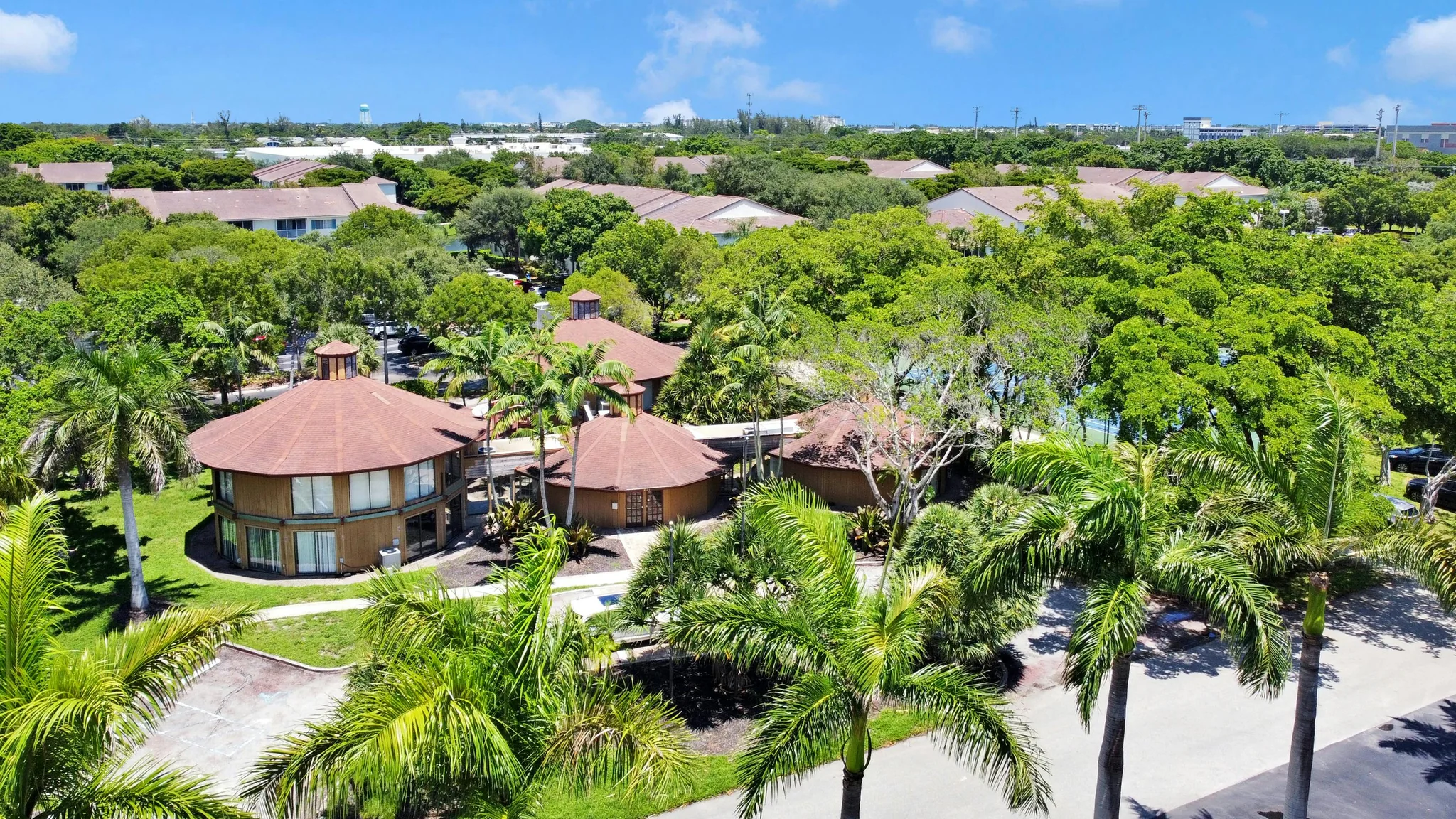Hotel SEO: Beat OTAs and Drive Direct Bookings
Stop paying 18-25% commissions. Learn proven strategies to outrank booking sites and capture guests directly. Your hotel deserves better margins.
Maxrankr Team

Hotel SEO: Beat OTAs and Drive Direct Bookings
Stop paying 18-25% commissions. Learn proven strategies to outrank booking sites and capture guests directly. Your hotel deserves better margins.

Why OTA Dependency Kills Profits
Relying heavily on OTAs feels like renting your own customers. You pay 18-25% commissions on every booking. These platforms control your customer relationships. They capture guest data preventing direct marketing.
By 2030, direct digital channels could overtake OTAs completely. Smart hotels are building direct booking strategies now. Strategic SEO captures high-intent travelers before they reach booking sites. This shift protects your margins dramatically.
The billboard effect shows 65% of direct bookings come from guests who discovered you on OTAs first. Use this knowledge strategically. Let OTAs introduce you but convert guests directly. Your website must close these bookings effectively.
Understanding Hotel Search Intent
Travelers search differently at various planning stages. Early researchers use broad queries like "best hotels in Miami Beach." Last-minute bookers search specific terms like "pet-friendly hotel downtown Austin tonight."

Target long-tail keywords indicating immediate booking intent. Terms including dates, specific amenities, or urgent language convert better. "Beachfront resort with spa Valentine's weekend" signals readiness to book. These phrases face less competition than broad terms.
Location-specific searches near attractions drive bookings. "Hotel near convention center" or "accommodation walking distance to theme parks" show clear intent. Map these landmarks and optimize accordingly.
Amenity-based searches reveal non-negotiable guest needs. "Pet-friendly," "rooftop bar," "family suites," or "business center" qualify searchers. Highlight these features prominently if you offer them.
Local SEO Dominance Strategy
Local search matters more for hotels than almost any industry. Most travelers search within specific cities or neighborhoods. Your local visibility determines whether you make the shortlist.
Optimize your Google Business Profile beyond basic requirements. Use hyper-specific categories beyond generic "Hotel." Add "Boutique Hotel," "Beach Resort," or "Business Hotel" as applicable. Each category signals relevance for different searches.
Upload geotagged photos of every amenity. Include your lobby, rooms, pool, restaurant, gym, and surrounding area. High-quality images dramatically increase engagement. Update seasonal photos regularly.

Maintain perfect NAP consistency across all directories. Your Name, Address, and Phone must match exactly everywhere. Check TripAdvisor, Yelp, booking sites, and local directories. Inconsistencies confuse search engines and hurt rankings.
Actively manage and respond to every review. Thank guests for positive feedback. Address concerns in negative reviews professionally. Your responsiveness signals quality to both travelers and search engines.
Creating Content OTAs Can't Match
Become the definitive source for your neighborhood. OTAs provide generic city information. You offer insider expertise they can't replicate. This differentiation attracts early-stage planners.
Develop comprehensive neighborhood guides highlighting local attractions. Cover restaurants, entertainment, shopping, and hidden gems. Share walking distances and transportation tips. This content ranks well and builds trust.
Create seasonal content around local events and activities. Music festivals, sporting events, conferences, and cultural celebrations drive bookings. Target these specifically with dedicated pages.
Build guest-type-specific content addressing different needs. Create guides for families, business travelers, couples, and solo adventurers. Each segment searches differently and values different amenities.

Technical Requirements for Booking Sites
Your website must convert browsers into bookers efficiently. Technical issues kill conversions even when you rank well. Speed and usability determine whether guests complete bookings.
Ensure lightning-fast page load times. Travelers abandon slow sites within three seconds. Optimize images without sacrificing visual appeal. Use modern formats like WebP. Minimize code and leverage browser caching.
Implement mobile-first design meticulously. Over 60% of travel searches happen on mobile devices. Your booking process must work flawlessly on phones. Test every step thoroughly.
Use schema markup for hotels specifically. Include room types, pricing, amenities, and availability. This structured data helps search engines understand your offerings. It also enhances your search appearance with rich results.
Create seamless booking experiences with minimal clicks. Don't force account creation before booking. Offer guest checkout options. Every extra step loses conversions.
Competing on Non-Brand Keywords
Brand keywords already favor you. Someone searching your hotel name likely knows you exist. Non-brand keywords capture new guests comparing options.
Target comparison keywords before travelers choose. Terms like "best boutique hotels in Portland" or "luxury resorts near airport" reach decision-making stages. Rank here to make shortlists.
Create comparison content showing your advantages honestly. Don't bash competitors but highlight your unique features. Explain what makes your property special. This content helps travelers decide.
Focus on "near me" and location-based searches. "Hotels near me" and similar queries indicate immediate need. Optimize for these high-intent local searches.

Building Links That Matter
Quality backlinks from travel and local sites boost authority dramatically. Earn these through strategic content and relationship building.
Partner with local businesses for cross-promotion. Restaurants, attractions, and tour operators make natural allies. Link to each other's websites. This helps both parties rank better.
Create shareable resources attracting natural links. Publish comprehensive guides, original photography, or unique local insights. Travel bloggers and local sites reference valuable resources.
Pursue features in travel publications and blogs. Pitch unique angles about your property or area. Media coverage generates authoritative backlinks and brand awareness.
Optimizing for Voice Search
Voice search grows constantly for travel queries. People ask Siri or Google for hotel recommendations while driving or multitasking. Structure content for conversational queries.
Include natural question phrases in your content. "Where should I stay in downtown Seattle?" or "What's the best family hotel near Disneyland?" Answer these directly.
Create FAQ sections addressing common guest questions. Voice assistants often pull answers from FAQ formats. Cover booking policies, amenities, location details, and local recommendations.
Tracking Direct Booking Success
Measure what matters for hotel profitability. Rankings alone don't tell the complete story. Track actual bookings and revenue.
Monitor direct booking rates versus OTA bookings over time. Your goal is shifting the ratio toward direct. Set quarterly targets for improvement. Celebrate progress.
Track revenue from organic search specifically. Compare customer acquisition costs between SEO and OTAs. The difference proves SEO's long-term value dramatically.
Analyze which keywords drive actual bookings. Some terms bring traffic that doesn't convert. Focus efforts on keywords generating revenue. Eliminate time spent on vanity metrics.
Offering Direct Booking Incentives
Give travelers compelling reasons to book directly. Price parity rules prevent undercutting OTAs on rates. Compete on value instead.
Offer exclusive perks unavailable through OTAs. Free breakfast, room upgrades, late checkout, or welcome amenities cost less than commissions. Promote these benefits prominently.
Create a loyalty program rewarding direct bookers. Points, discounts, or exclusive offers encourage repeat bookings. This builds customer relationships OTAs steal otherwise.
Highlight your best rate guarantee clearly. Assure guests they're getting the best deal. Back this up with a price match promise. Trust drives conversions.
Common Hotel SEO Mistakes
Don't use identical descriptions from OTAs. Google penalizes duplicate content severely. Write unique descriptions for your website. Highlight aspects OTAs ignore.
Avoid neglecting mobile experience. Most travel searches happen on phones. Clunky mobile sites lose bookings to competitors. Test your entire booking flow on various devices.
Don't ignore user-generated content. Guest photos and reviews add authenticity. Feature these prominently with permission. Real content converts better than professional marketing copy alone.
Seasonal Content Strategy
Plan content around your area's high and shoulder seasons. Target seasonal keywords well in advance. Travelers plan trips weeks or months ahead.
Create event-specific landing pages for major happenings. Conferences, festivals, and sporting events drive bookings. Optimize for these specifically with dates and details.
Update seasonal content annually. Refresh information about events, weather, and activities. Google rewards fresh, maintained content. This also ensures accuracy for guests.
The Long-Term Direct Booking Plan
SEO delivers compound returns over time. Your first year requires significant investment. By year three, organic traffic becomes your most profitable channel. This timeline requires patience and consistency.
Start building authority now even if results take months. Every piece of quality content works for years. Every earned backlink strengthens your domain. The investment compounds.
Track progress monthly but judge success quarterly. SEO changes happen gradually. Don't panic over short-term fluctuations. Focus on overall trends proving your strategy works.
Take Control of Your Distribution Today
Ready to reduce OTA dependency and boost direct bookings? MaxRankr helps hotels identify winnable keywords that convert travelers. Our platform tracks rankings and revenue attribution specifically for hospitality.
Stop surrendering 25% of revenue to booking platforms. Visit MaxRankr.com for hotel-specific SEO tools. Start capturing more direct bookings and improving margins today.
More Articles
How Many SEO Keywords Should You Actually Use?
Stop guessing with keywords. Learn the exact numbers that work in 2025 and why more isn't always better for your rankings.
Real Estate SEO: Generate Leads Without Zillow
Stop paying portals for every lead. Learn proven SEO strategies that bring buyers and sellers directly to your website. Take control of your pipeline.